Not all HVAC pros have the same opinions
Elmer J Fudd
last year
Related Stories

DECORATING GUIDESNo Neutral Ground? Why the Color Camps Are So Opinionated
Can't we all just get along when it comes to color versus neutrals?
Full Story
LATEST NEWS FOR PROFESSIONALSSustainable Home Solutions That Are Inspiring Pros
Design and building pros around the world share sustainable architecture and construction approaches that excite them
Full Story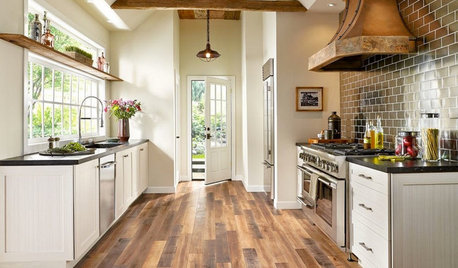
MOST POPULARPros and Cons of 5 Popular Kitchen Flooring Materials
Which kitchen flooring is right for you? An expert gives us the rundown
Full Story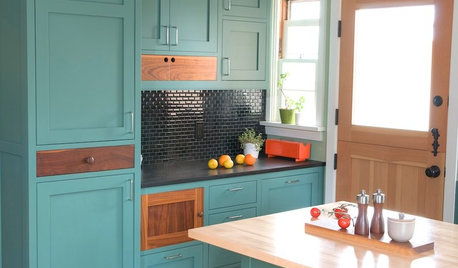
MOST POPULARFrom the Pros: How to Paint Kitchen Cabinets
Want a major new look for your kitchen or bathroom cabinets on a DIY budget? Don't pick up a paintbrush until you read this
Full Story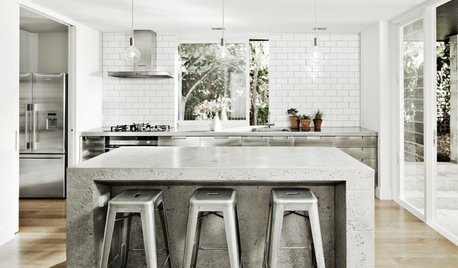
INSIDE HOUZZData Watch: Confidence Rising, but Labor Shortages Worry Many Pros
The latest Houzz Renovation Barometer report shows industry pros are rosy about the market while still struggling to find skilled workers
Full Story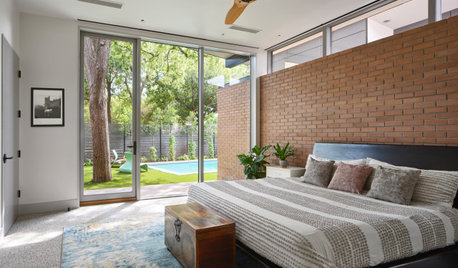
MIDCENTURY STYLEHouzz Tour: Texas Pro’s Green Home Channels Palm Springs
A protected tree stokes an architect’s creativity when designing a sustainably minded ’50s-inspired home for his family
Full Story
FEEL-GOOD HOMEThe Pros and Cons of Making Your Bed Every Day
Houzz readers around the world share their preferences, while sleep and housekeeping experts weigh in with advice
Full Story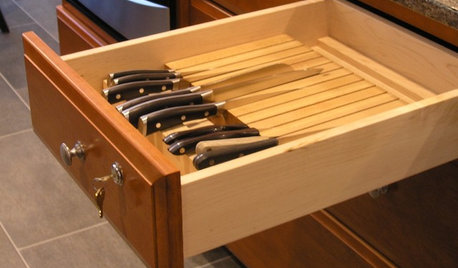
REMODELING GUIDESFrom the Pros: 8 Reasons Kitchen Renovations Go Over Budget
We asked kitchen designers to tell us the most common budget-busters they see
Full Story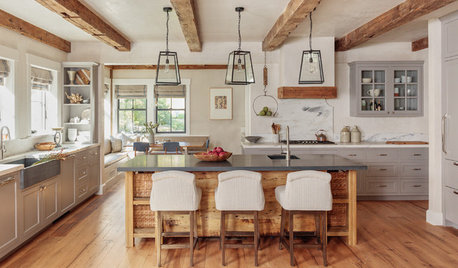
KITCHEN ISLANDSThe Pros and Cons of Kitchen Islands
Two designers make the case for when adding a kitchen island is a good idea — and when it’s not
Full Story
WORKING WITH PROSWorking With Pros: When You Just Need a Little Design Guidance
Save money with a design consultation for the big picture or specific details
Full Story


Charles Ross Homes
Elmer J FuddOriginal Author
Related Discussions
carrier hvac or trane hvac
Q
Opinions on a quote to replace two HVAC systems
Q
MOISTURE IN CRAWL (Cross?) SPACE! HVAC Pro's please weigh in - MODULAR
Q
Single HVAC zoned or two HVACs without zoned system
Q
kevin9408
Charles Ross Homes
G
Elmer J FuddOriginal Author
Elmer J FuddOriginal Author
G
Elmer J FuddOriginal Author
G
Charles Ross Homes
mike_home
Austin Air Companie
Charles Ross Homes
Austin Air Companie
Austin Air Companie
Charles Ross Homes
sktn77a
Elmer J FuddOriginal Author
G
Elmer J FuddOriginal Author
mike_home
sktn77a
kevin9408
mike_home
Austin Air Companie
Austin Air Companie
Charles Ross Homes
mike_home
Elmer J FuddOriginal Author
Charles Ross Homes
mike_home
Charles Ross Homes
mike_home
Austin Air Companie
Charles Ross Homes
mike_home
Charles Ross Homes
Elmer J FuddOriginal Author
kevin9408
Charles Ross Homes
kevin9408
Charles Ross Homes
Austin Air Companie
Austin Air Companie
Charles Ross Homes
Elmer J FuddOriginal Author
Austin Air Companie
Charles Ross Homes
Austin Air Companie